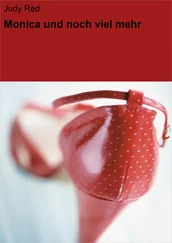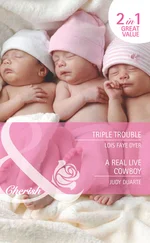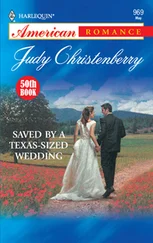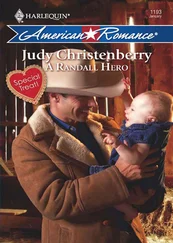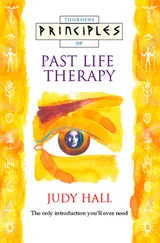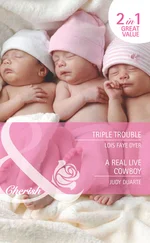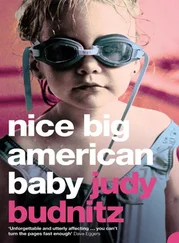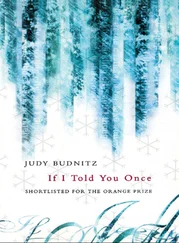“He’s a dog,” says my dad. “He’s an animal.”
And then I see the door swing open, see Prince lift his head expectantly. I see my dad lift the gun and aim. I’m trying to get over there; I can’t get there fast enough—the air is too thick. They’re framed in the doorway, my dad and my brothers, and beyond them I see Prince pause, showing the whites of his eyes, wind ruffling the fur on his head. Then he’s running, galloping on all fours across the yard, his tongue hanging out like a pink streamer. A shot rings out, echoing in the silence, but it misses him. He keeps running, and then he’s up, up on his hind legs, lurching away two-footedly, front legs pawing the air, and then another shot rings out, shaking the world, and he’s down, down, splayed out on our front lawn, nose in the dirt, tail in the air, wind whipping his fur around, his legs quivering, then still.
I try to go to him, but it’s too late. My dad and Eliott and Pat beat me to him.
They run across the lawn, the pack of them, and fall upon him snarling.
“What kind of son are you?” asks Aunt Fran.
Aunt Nina says, “Your own flesh and blood!”
“What your mother wouldn’t do for you …” Aunt Fran goes on. “She’d do anything for you, anything in the world.”
“And now you won’t give just a little back. For shame,” says Aunt Nina.
“Now I’m glad I didn’t have any children; it would hurt me too much if they grew up as hard and selfish as you!” Aunt Fran cries and shudders. The heat is stifling, but she pulls her sweater closer.
We’re sitting in the hospital waiting room, Aunt Fran and Aunt Nina and I. My mother suffered a heart attack this morning. An hour ago we talked to the doctors. They told us her heart is in bad shape. It’s tired, they said, and erratic—a senile old dancer lurching from a tango to a two-step, stumbling to a halt and starting again. We’re waiting to see her, the aunts and I.
The doctors told us her heart won’t last much longer. Her old ticker is ticking its last, unless something is done. “What can be done?” the aunts cried.
“We can’t fix it,” the doctors said. “She needs a new one, a transplant.”
“Then give her one!” the aunts cried.
“It’s not that easy,” said the doctors. “We need a donor.”
The doctors went away. The aunts looked at me.
“Arnie,” Nina said, “what about your heart?”
“My heart!” I shouted. “Are you crazy?”
That started them both off on what a bad son I was. It’s impossible to argue with Nina, especially with Fran to back her up. They see no reason why I should not donate my heart to save my mother’s life.
The doctors still won’t let us see my mother. So we sit here waiting on the green vinyl chairs in the waiting room. It is empty, but we can see the ghosts of other bodies imprinted in the vinyl, others who sat waiting here for hours.
I sit in the middle. Aunt Fran clutches one arm, Aunt Nina the other. They wept at first, but now they sit grimly. A Styrofoam cup of coffee steams next to my foot, but I can’t reach for it. The aunts don’t care; they are amazed that I bought it, amazed that I can even think of coffee at a time like this.
Aunt Fran wears a bally sweater and sensible shoes. Her lips are pressed tight. She taps her feet nervously. On my other side, Nina licks her lips again and again. She has high blood pressure, so when she’s upset, she becomes flushed and overheated. Even now I can feel the creeping heat of her thigh touching mine.
I try to pretend it’s Mandy sitting beside me, clutching my arm the way she does at horror movies.
“I saw it on Sixty Minutes ,” Aunt Fran announces. “They put the heart in a cooler, a regular Igloo cooler like we have at home, and they rush it in a helicopter to the hospital, and they put it in, connect up the pipes—it’s just like plumbing.”
“You must be your mother’s tissue type, too. I’m sure you are,” Aunt Nina puts in. “You’re young. You’re strong. You have a college education! Your heart is exactly what she needs.”
“It looked like a fist—a blue fist,” Aunt Fran goes on. “It wasn’t heart-shaped at all; I wonder why….”
“You shouldn’t have started smoking, though,” Aunt Nina says. “It’s so bad for the heart. You should have thought of that when you started.”
“But what about me? ” I blurt out finally.
“That’s what we’re talking about—we’re talking about your heart,” Nina says.
“But what happens to me?” I say again.
“I can’t believe he’s thinking of himself at a time like this.” Aunt Fran sniffs.
“ I need my heart! You want me to die so my mother can live?”
“Of course we don’t want that ,” says Aunt Fran. “Sylvie loves you so much, she’d want to die herself if you died.”
“We can’t both have my heart,” I say.
“Of course not,” says Nina. “You could get one of those monkey hearts, or that artificial heart they made such a fuss about on the news awhile back.”
“Why can’t Mother get one of those? Or a transplant from someone else?”
“Do you want your mother should have a stranger’s heart? Or a monkey’s heart? Your poor mother? Do you remember how she never used to take you to the zoo because she couldn’t stand to see the filthy monkeys? And you want her to have a monkey’s heart? It would kill her!” Fran cries.
“She’s so weak, she needs a heart that will agree with her,” Aunt Nina adds. “Any heart but yours just wouldn’t, wouldn’t do. But you—you can handle anything. You’re young. You’re strong. You—”
“Have a college education,” I finish for her.
Aunt Nina glares and says, “Your mother worked herself to the bone for you, so you could go to college. She nearly killed herself so you could go and study and make something of yourself. And now what do you do? Out of college four years already, and all you do is sit in front of a typewriter all day, call yourself a writer, smoke those cigarettes, never get a haircut—”
“And the first time your mother needs you, you turn your back on her!” Aunt Fran finishes. They both tighten their grips on my arms.
I don’t remember ever wanting to go to college; it had seemed like my mother’s idea all along. I went because I thought it would make her happy.
“I do things for Mother all the time—” I begin.
“Only half the things any normal son would do. And I thought you were raised to be better than an average son!” Aunt Fran huffs.
“Oh, Isaac must be just turning over in his grave right now,” her sister moans. Isaac is my father. I never knew him.
“You’re so lucky. I wish I’d had the chance to save my poor mother,” Aunt Fran says.
One of the doctors appears at the end of the hall. As he approaches, my aunts rise, pulling me with them. “Is she all right?” demands Fran when he is still twenty feet away.
“We’ve found a donor!” Nina announces.
The doctor greets us. He is a small man, completely bald. The eyes, behind thick glasses, are sad. He strokes his scalp as he talks, savoring the feel of it.
“She’s all right. She’s being monitored,” he said. “We will look for a donor, but there’s a long waiting list.”
“We’ve got a donor. Sylvie’s son. He’s in the prime of health,” Aunt Nina says.
“This is Arnie,” Fran explains.
The doctor studies me carefully.
“Surely you don’t do that sort of thing?” I say incredulously.
He gazes at me. “It’s very rare, very rare indeed that a son will be so good as to donate his heart. In a few cases it has been done. But it’s so rare to find such a son. A rare and beautiful thing.” He takes off his glasses and polishes them on his sleeve. Without them, his eyes are small, piggish.
Читать дальше
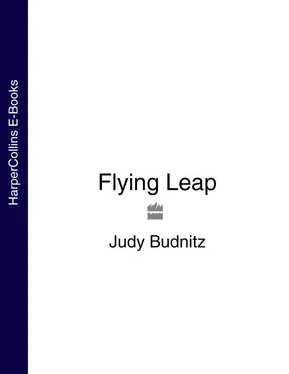
![Brian Jacques - [Flying Dutchman 01] - Castaways of the Flying Dutchman](/books/128851/brian-jacques-flying-dutchman-01-thumb.webp)
